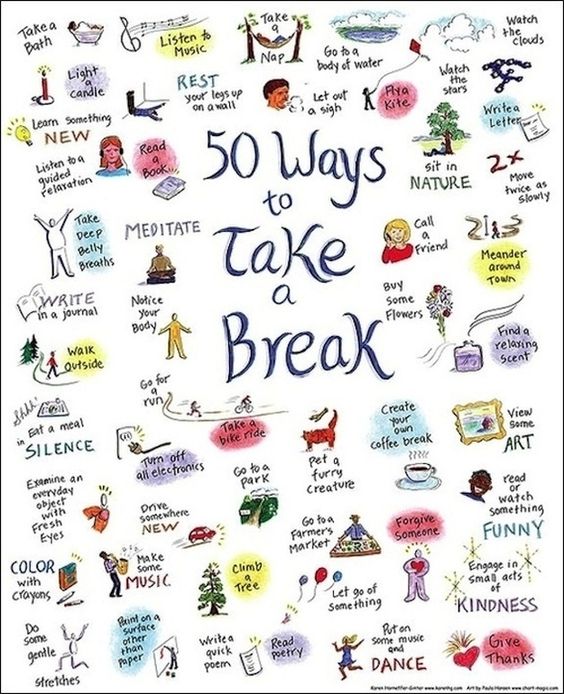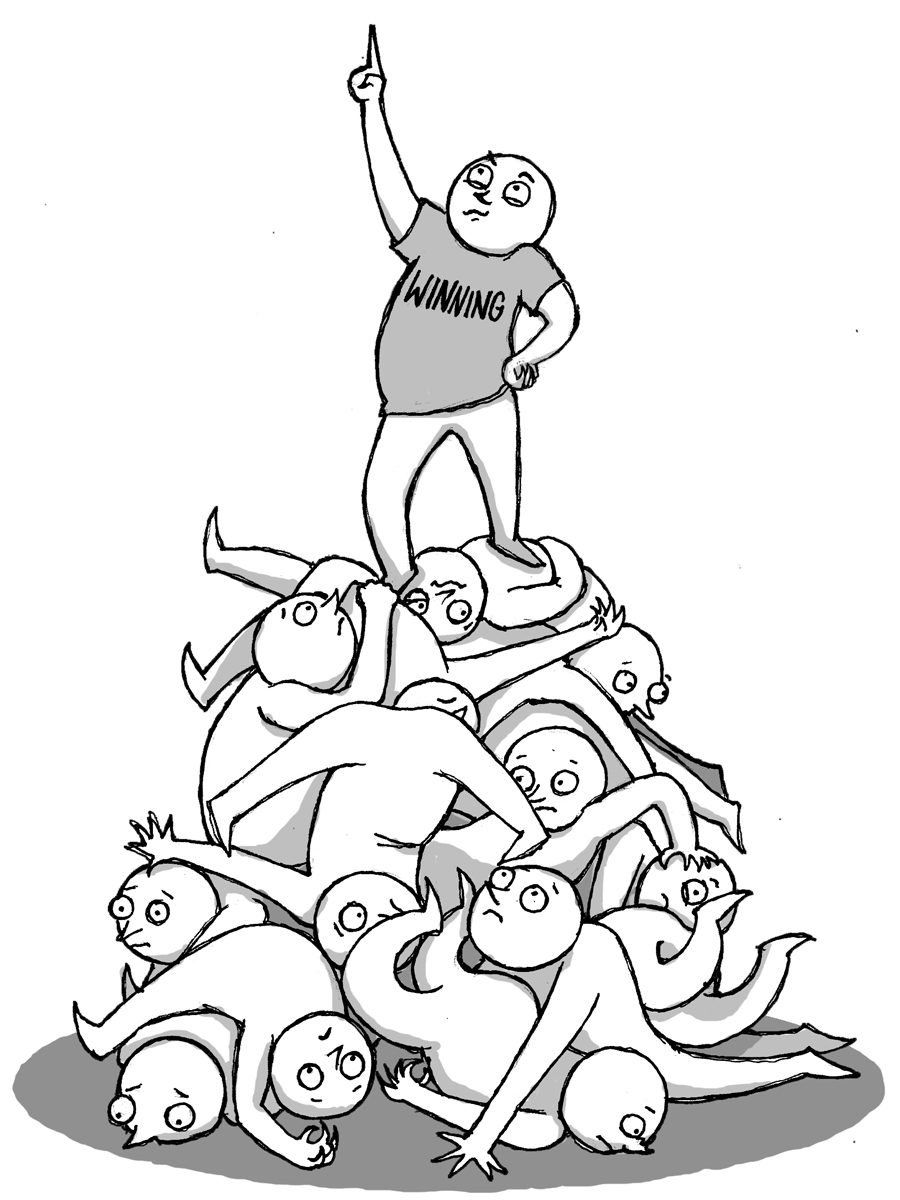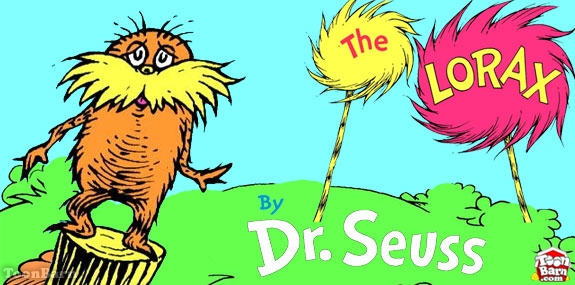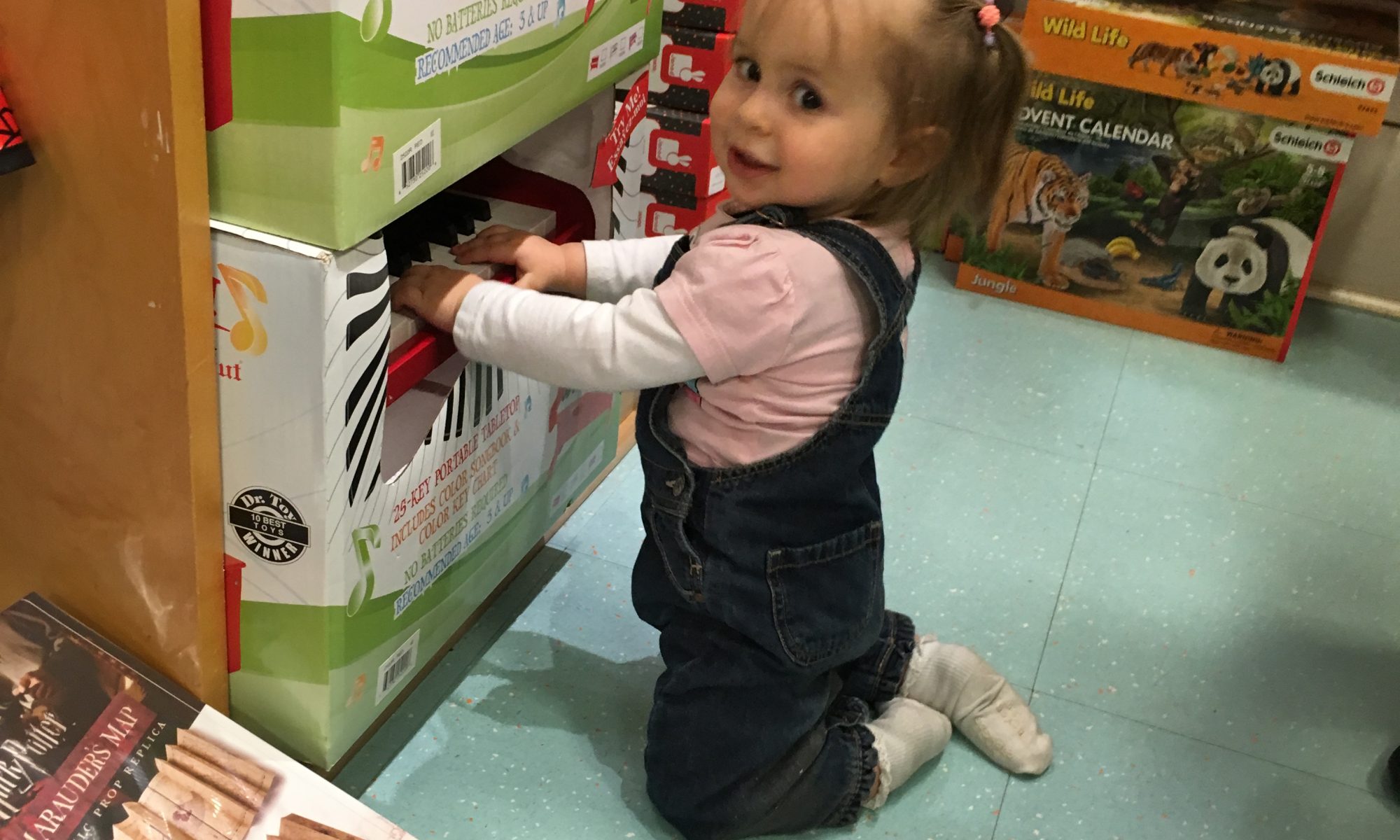My family did not engage in any particularly interesting conversations during our car rides this weekend to and from the country house. At times people said a few lively things, but overall, we just passed from topic to topic. I did toss out a few mentions of stories from a book I am reading, which is the direction I am going to go for today’s post. In a recent chapter of my book, which is a historical fiction about the city of London, England, I learned all about the significance of the coffeehouse.
With great confidence, I would say that the majority of the population in Canada (and probably England too) has visited a modern-day coffeehouse, like Starbucks, Second Cup or Tim Horton’s. It sometimes seems to me that there is at least one establishment every few blocks in the city where I live. The coffeehouse, whether it’s an independent business, a franchise or a chain, plays an important role in the community. It is most definitely a gathering place, where people meet to catch up, relax or work.
The coffeehouse sells a variety of consumables, but at its core it sells coffee. I have personally observed (though I have a feeling that I’m not alone) that over the past decade the number of such establishments has grown exponentially, and they play a significant role in our culture and society.
Is this a new phenomenon, something that can be remembered as a key moment in the 21st century?
Absolutely not.
My book covers a two-thousand-year history of London, and I recently read the chapter that focused on the second half of the 17th century. The face of London changed dramatically during this time, as it became a monarchy again, faced a massive plague and then a fire, which destroyed much of the city. These were all significant events during the late 17th century, and the book carefully documented all this, with its fictional characters.
And in the middle of this chapter, after the plague and fire, it mentions, in passing, the plethora of choices one of the main characters has about which coffeehouse to visit on a given day. He ends up at Lloyd’s, where he could sip coffee (“which was usually served black, though usually with sugar”) all day.
The author writes, “Of all the many conveniences of the new city since the fire, none had pleased Meredith more than the institution of the coffee house. There seemed to be a new one every month…” He goes on to say that these coffeehouses were open all day and served a variety of food and drink. They were meeting places, and certain establishments attracted a particular kind of person.
Lloyd’s for example, attracted merchants associated with shipping, and it was a well-known gathering spot for men to discuss their business.
I’m not going to go into the details of the direction that coffee houses like Lloyd’s eventually went (think about the insurance industry). I just find it fascinating that over 300 years ago London experienced a coffeehouse craze not unlike the one we have today. How many of you have met a potential employer at Starbucks? Did you sign a contract for a business transaction at your local Tim Hortons? Did you catch up with a former colleague over a latte at Second Cup?
We often say that history repeats itself, and in the case of the coffeehouse, that’s definitely the case.




























